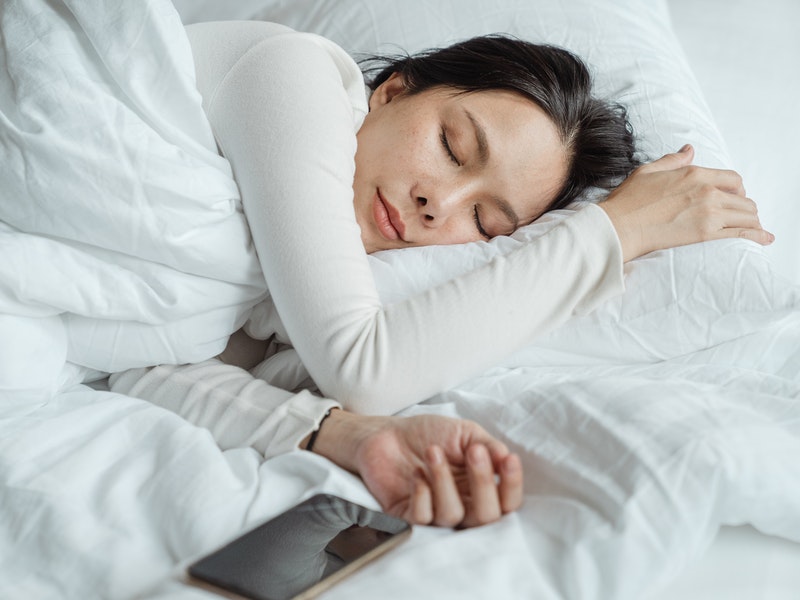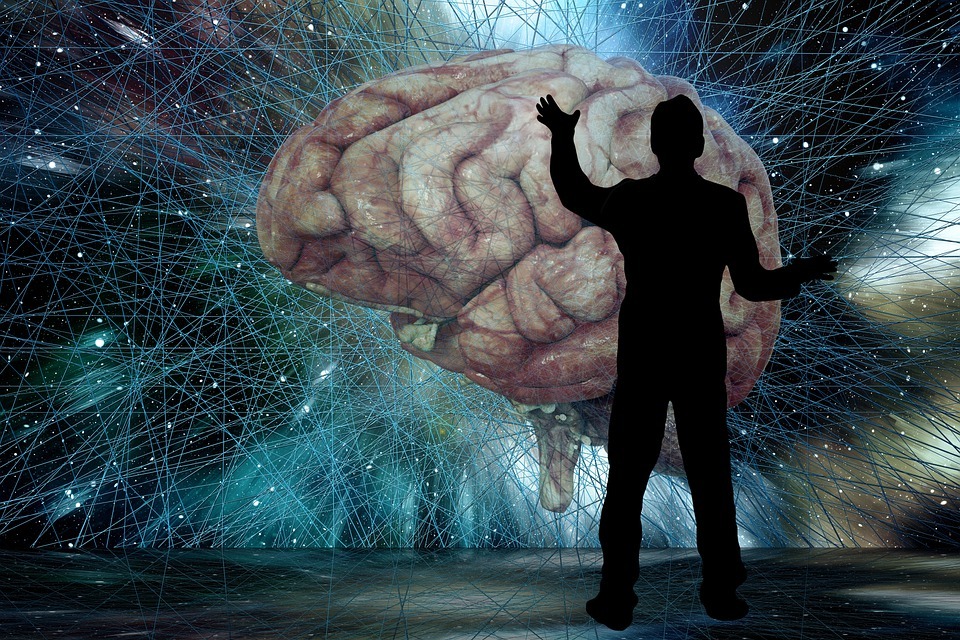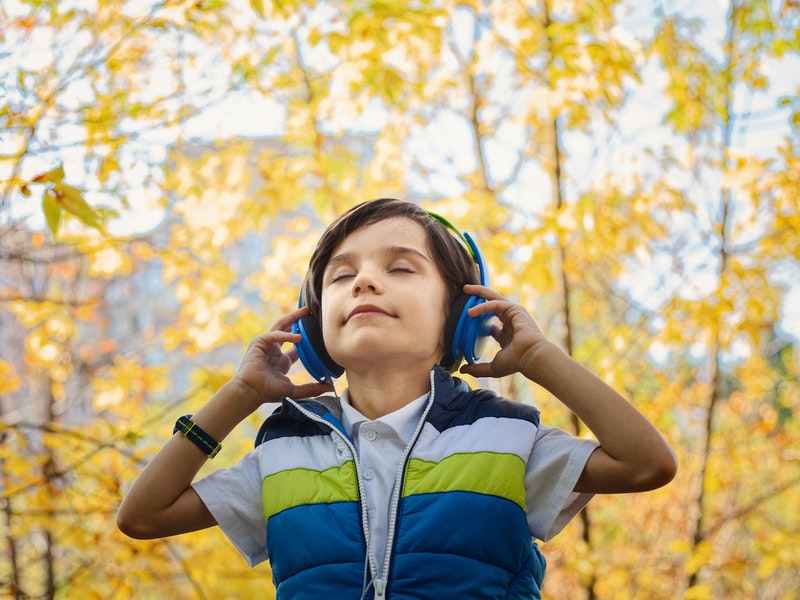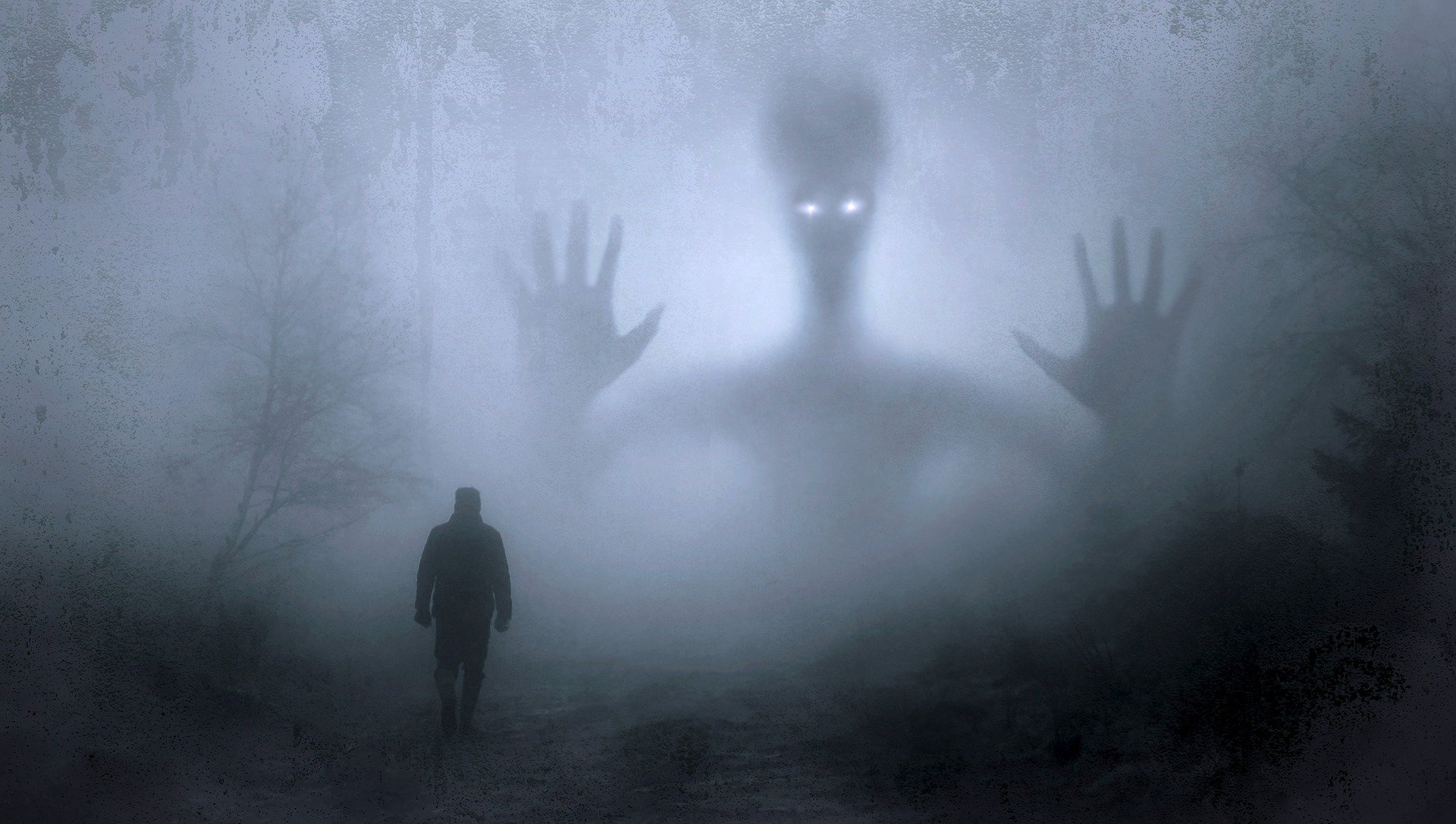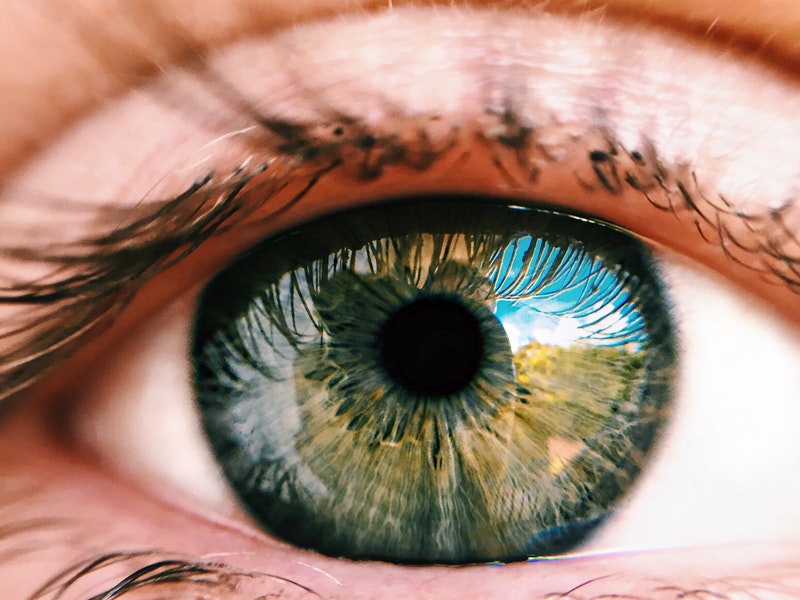It’s often a wonder whether blind people can dream, given that dreams are generally considered to be mostly visual experiences. Many of those who can see are aware that their dreams are visual representations of their thoughts and sensations, which stretch well beyond what they can see in their heads when they are awake.
For individuals who were born without the ability to see or who have lost their sight, how might these feelings and thoughts be translated into their dreams?
But First, What Is A Dream?
You can think of a dream as anything, be it a thought, an emotion, or an experience that occurs in your mind while you sleep. Scientifically, dreaming occurs when neurons in different sections of your brain fire either in unison (when you have a well-coordinated, coherent dream) or randomly (when you experience the fragmented dreams that may go on for what feels like hours).
An average dream only lasts between 5 and 20 minutes, and every night, a person has an average of four to six dreams.
You may, however, find this unusual, given how little you can recall them. The reason for this is that your dreams occur during a certain phase called the deep sleep phase, which renders you unable to remember most of what you dreamed about.
Dream Sleep in Blind People
Yes, blind people dream, too! For blind persons, the processes that lead to dreams are identical to those that lead to dreams in sighted people.
Rapid eye movement (REM) sleep is a sleep stage that is associated with dream sleep. Deep muscle relaxation, quicker breathing, jittery or darting eye movements, and heightened brain activity are all signs of physiological changes brought by REM sleep.
During REM sleep, which lasts about two hours on average per night, a person may expect to dream for the rest of the night.
Some researchers interpret dreams as the mind’s approach to analyzing and rearranging recent events or feelings or connecting fresh experiences to older ones. Vision is an important part of memory, but it isn’t the only point in this context.
It doesn’t matter if a person is sighted or blind; as long as they have memories and sensations, they will dream.
How Blind People Dream
When most individuals think of their dreams, they immediately think of the vivid visual picture evoked. Some feel as though they are viewing a movie in their heads when they are dreaming. While other senses, such as hearing, touch, taste, and smell, may contribute to the experience, the visual aspect is the most important.
The auditory (related to sound), olfactory (smelling), gustatory (tasting), or tactile (touching) sensations are more common in dreams for those who are blind because these are what they rely on when they are both awake and dreaming, in the absence of their eyesight.
People who are born blind develop an incredible ability to comprehend the world through the accumulation of memories and experiences from their non-visual senses.
What Do They Dream About?
Dreams vary for many people because of an individual’s unique experience and memory. There is a good chance, however, that they are a mix of things that don’t make sense, mundane things that happen every day or things that could be embarrassing.
It’s not uncommon for blind persons to dream about the same kinds of things as sighted people.
For two months, a 1999 study examined the dreams of 15 blind persons, yielding 372 dreams in total. According to the study, blind individuals’ dreams appear to be most comparable to those of sighted people, save for a few variations.
- Dreams of personal achievement or failure were less common in the minds of the blind.
- Some blind people reported having more frequent dreams about animals, particularly their guide dogs.
- Blind people were less prone to having hostile dreams.
- Dreams involving food and eating have been reported more frequently by those who are blind.
Additionally, this research found the presence of dreams containing some form of misfortune. Travel or movement-related misery appeared in the dreams of blind people more than twice as frequently as those of sighted people in the research study.
This suggests that, like sighted individuals, the experiences of blind people in their waking lives could be reflected in their dreams, such as worries about or difficulties getting around.
Do Blind People Have Nightmares?
Nightmares are a common occurrence for both the blind and the sighted. Blind persons, it has been shown, are more likely to dream of travel mishaps. Some of these dreams may be considered nightmares and are a reflection of the problems or difficulties they confront in the real world.
Visual Dreaming
There are times when a blind person experiences visual dreaming as they “see” images in their dreamscape no differently than a person with sight. This facility mainly depends on when they lost their vision.
Blindness after the age of five is associated with a greater likelihood of experiencing visual experiences in dreams, indicating that vision, cognition, and memory merge at some point during this developmental threshold. Visual images can be as concrete and recognizable to these persons as they are to the sighted.
People with late-onset blindness, on the other hand, may only be able to “see” occasionally in their dreams as their visual perceptions fade in clarity and color.
However, even if a person is visually impaired, they will be able to generate images and representations of the size, scale, position, or movement of persons and objects because of spatial relationships. In a sense, they “recognize” the same things as people who can see, such as time, location, and people in their dreams.
Final Note
Even if they don’t remember it, everyone dreams, and blind people are no exception. Since every person’s dreams are so unique, studies can only offer basic guidelines for how some people could dream, not an explanation for the specific material and pictures that may appear in every dream.
For blind persons, it might be difficult to adequately describe their dreams, especially if they have had little or no experience of seeing. However, the substance of a blind person’s dreams is very similar to yours. They simply have a unique perspective on their dreams.
If anything, blind people’s dreams show that their experiences have nothing to do with their lack of sight and are just as real. Let this be a lesson on how people view blindness in general.
